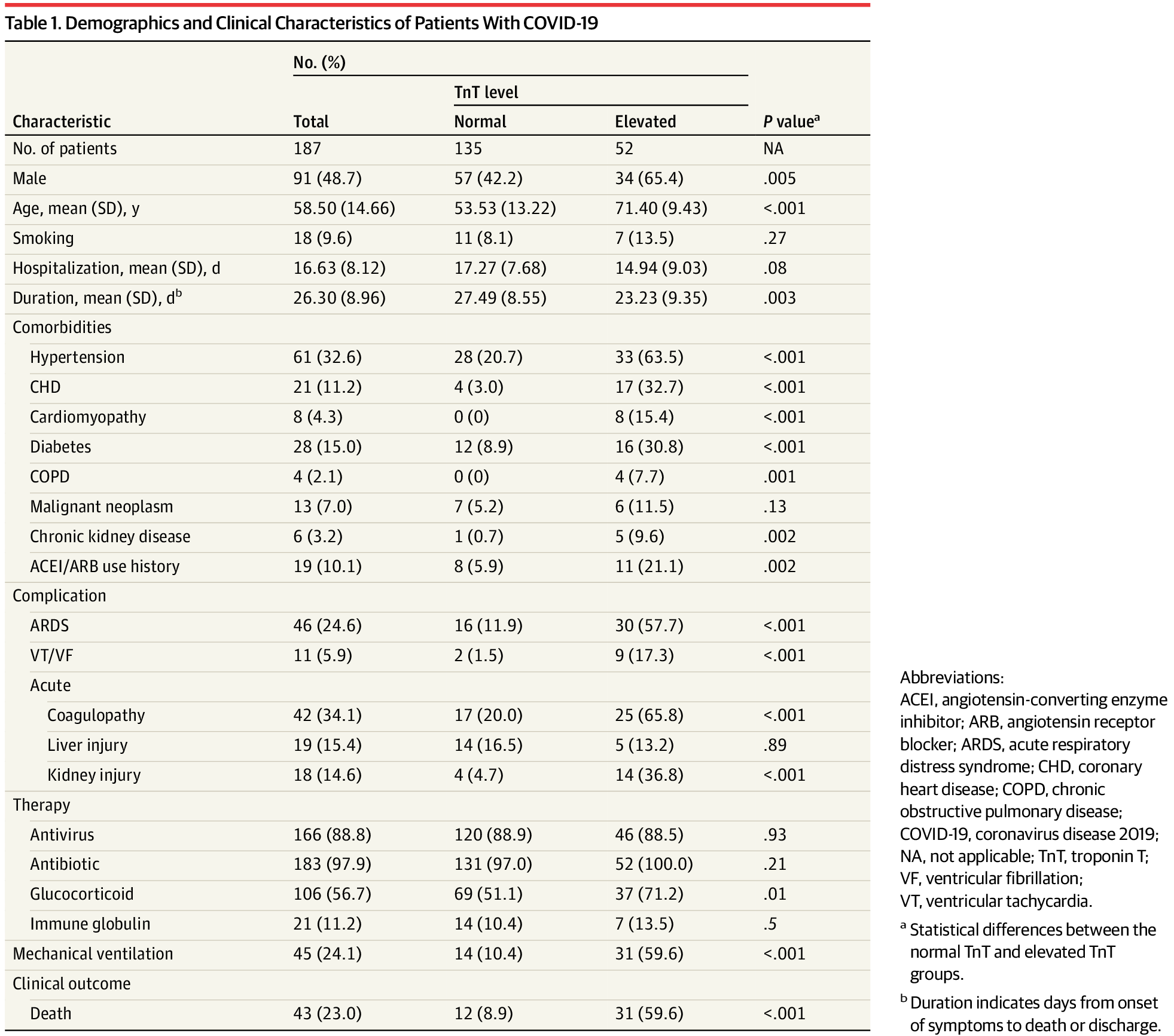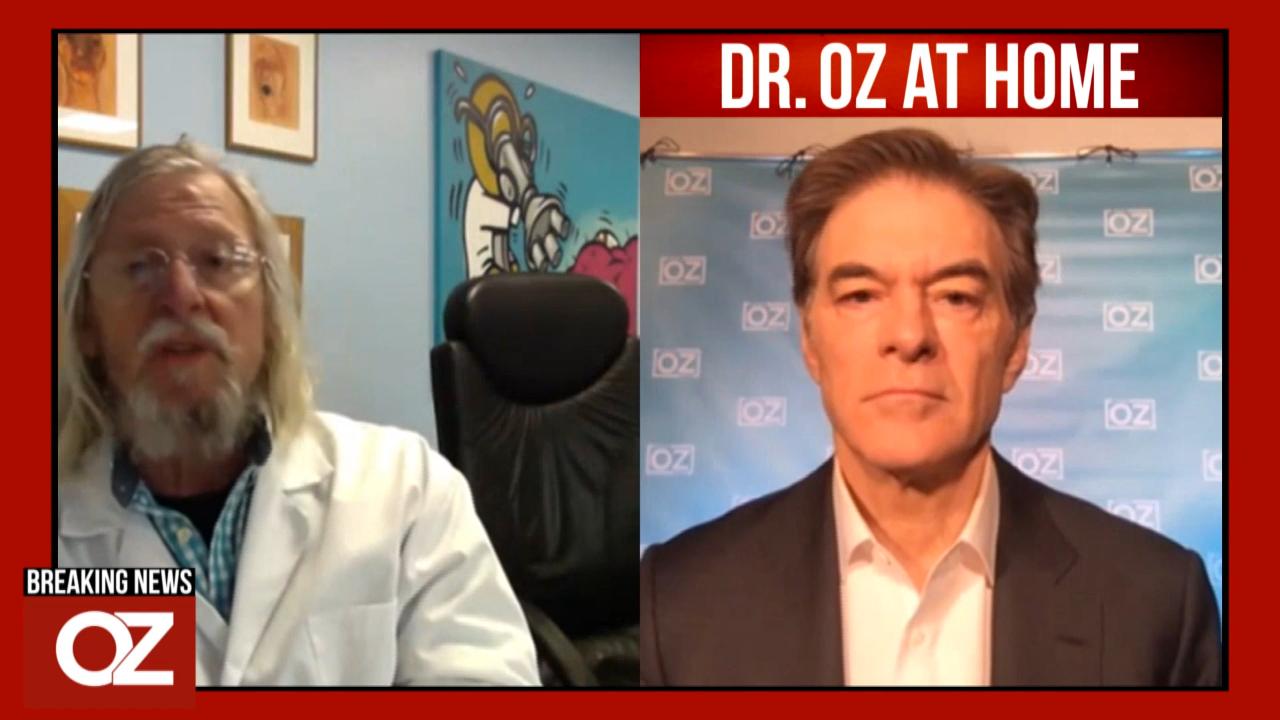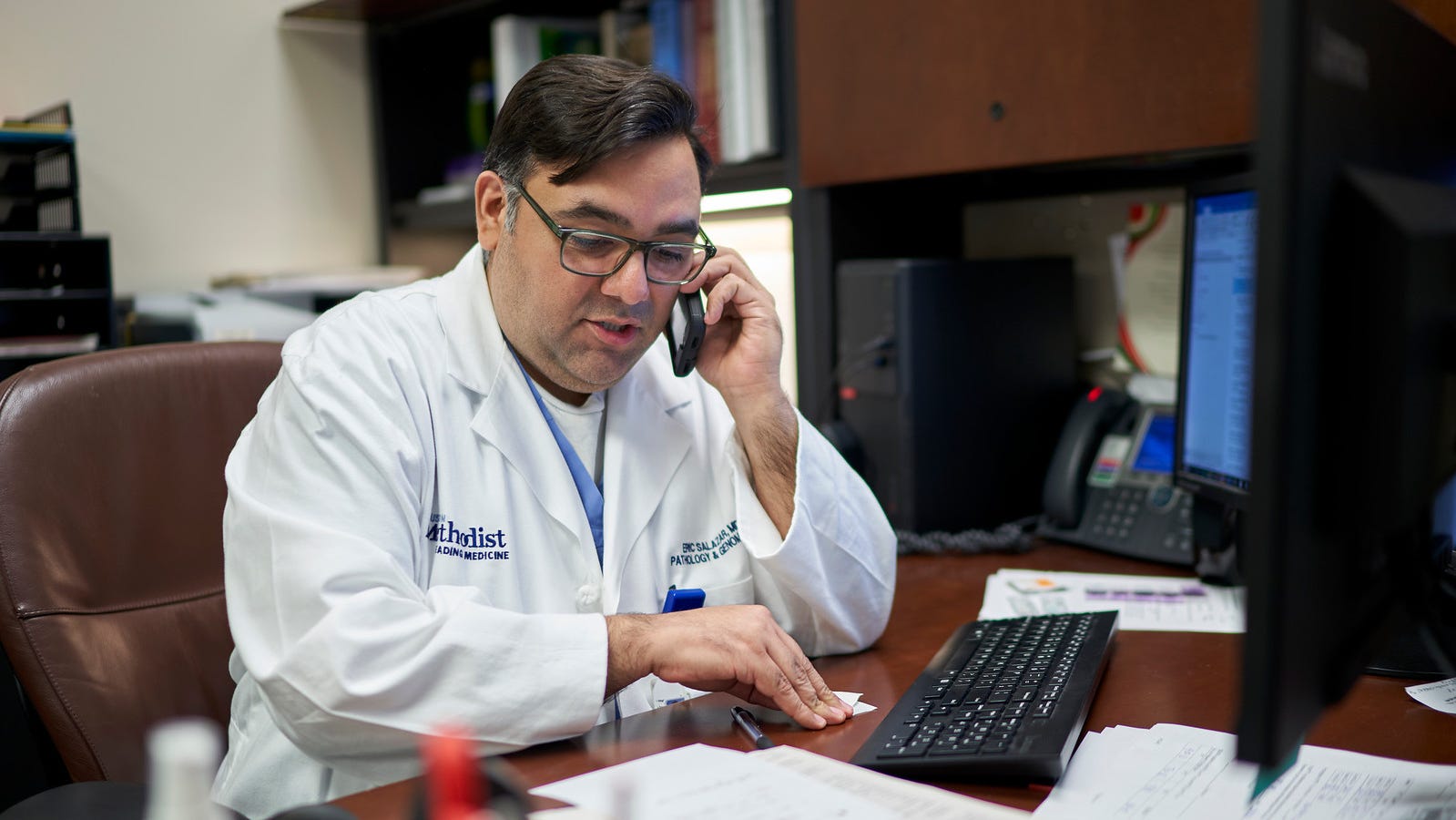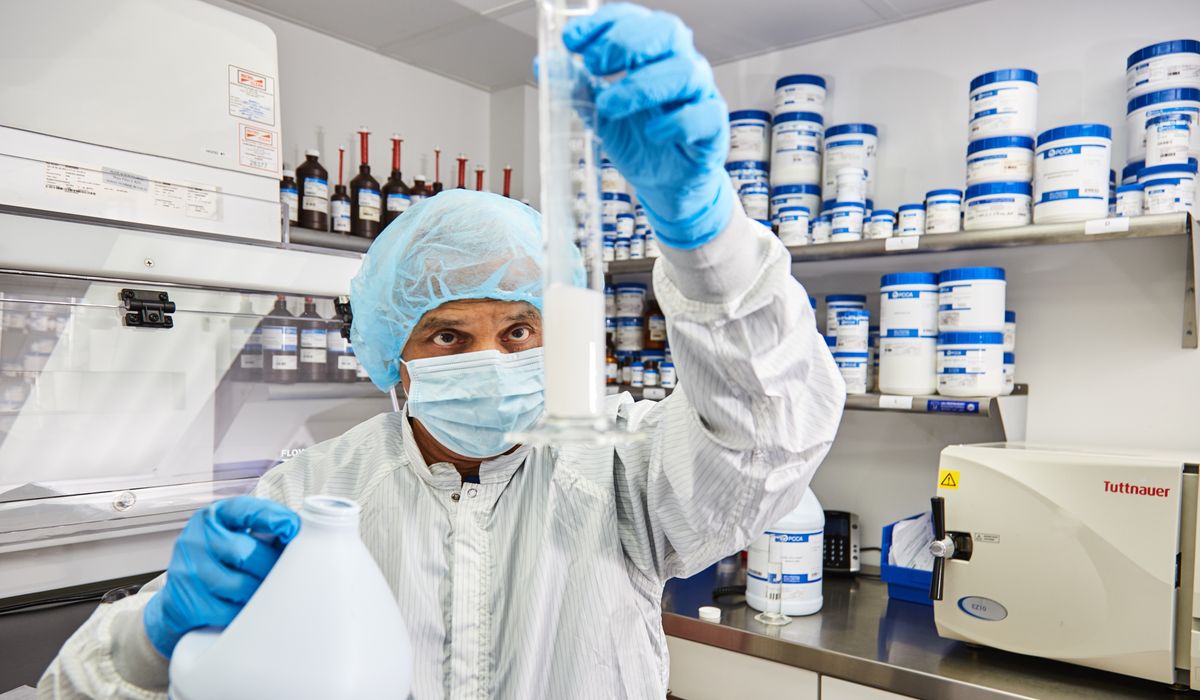- Joined
- Oct 5, 2015
- Messages
- 1,985
- Reaction score
- 1,916
Anecdotally it seems like we have two categories of treatments.
1. Hydroxychloroquine +/- azithromycin.
2. Xeljanz/Anakinra/Tocilizumab.
The first category is treating the virus and superimposed bacteria. The second category is treating the cytokine storm and quite useful for when the patient is in ARDS. I think it's a reasonable school of thought that the first category should be used early (outpatients and early inpatient) and the second category should be the primary treatment modality for those who are tubed. Treating the virus once tubed probably isn't going to induce a dramatic turnaround, it needs to be stopped early on.
Thoughts??
(and aware we're still waiting on remdesivir)
1. Hydroxychloroquine +/- azithromycin.
2. Xeljanz/Anakinra/Tocilizumab.
The first category is treating the virus and superimposed bacteria. The second category is treating the cytokine storm and quite useful for when the patient is in ARDS. I think it's a reasonable school of thought that the first category should be used early (outpatients and early inpatient) and the second category should be the primary treatment modality for those who are tubed. Treating the virus once tubed probably isn't going to induce a dramatic turnaround, it needs to be stopped early on.
Thoughts??
(and aware we're still waiting on remdesivir)







